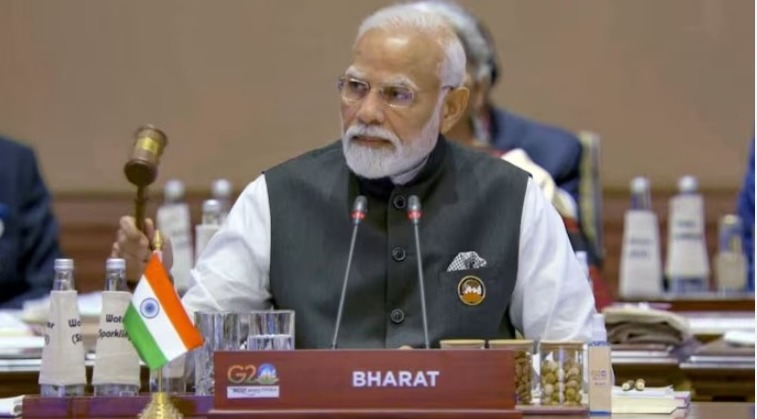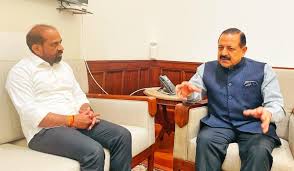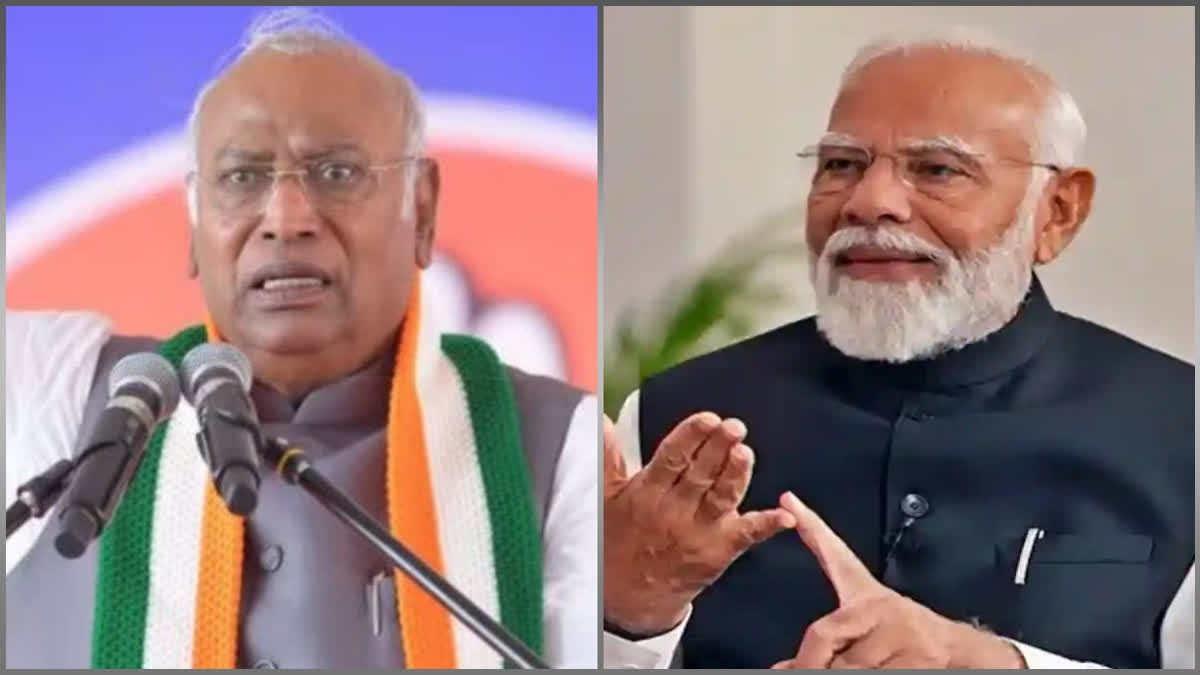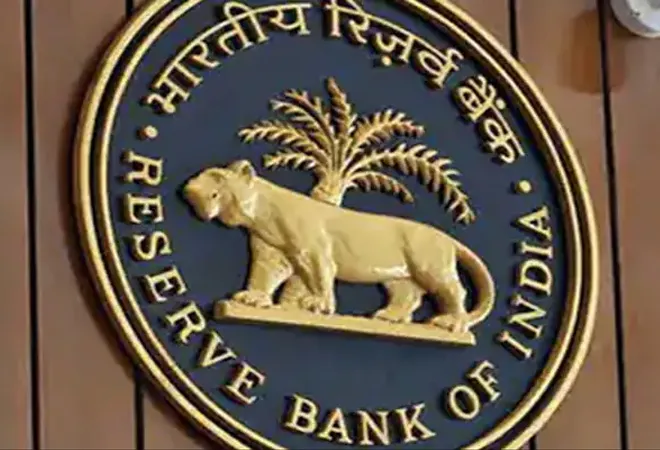Leaders of the world’s biggest economies met in New Delhi on Saturday for a two-day G20 Summit. Bharat is hosting the 18th edition of the summit, and the capital city has been decorated with elaborate arrangements.
Security is tight, with 130,000 police and paramilitary troops deployed in the city, along with anti-drone systems.
The theme of this year’s summit is “Vasudhaiva Kutumbakam- One Earth, One Family, One Future,” which is a global roadmap for sustainable, inclusive, and human-centric development. The theme also reflects Bharat’s efforts to contribute to global solutions to major world issues.
The G20 is a group of 20 major economies, comprising 19 countries and the European Union. It accounts for around 80% of the global economy, 75% of international trade, two-thirds of the global population, and 60% of the world’s land area.
The summit is expected to discuss a range of issues, including the global economy, climate change, food security, and the war in Ukraine.
One of the key concerns for the bloc is the Russia-Ukraine conflict. The G20 has failed to draft a joint statement this year so far, as it is deeply divided over language referring to the ongoing war.
While Russia and China oppose blaming Moscow for the war, Western countries, such as Canada, France, and the United States, have sought a strong condemnation as a necessary condition for a joint statement.
A draft circulated among members on Friday left blank a paragraph on the geopolitical situation, suggesting that differences remained unresolved.
Another key issue on the agenda is the impact of the war on food and energy security. The war has disrupted global supply chains and led to rising prices for food and energy. This has had a disproportionate impact on developing countries, which are already facing high levels of poverty and hunger.
The summit is also expected to discuss ways to promote sustainable development. The G20 has committed to achieving net-zero emissions by 2050, and the summit will be an opportunity for leaders to discuss how to implement this goal.
The African Union (AU) was formally invited to join the G20 as a permanent member at the summit. This is a major development, as it will give Africa a greater voice in the global economy.
The G20 Summit is a crucial opportunity for leaders to come together and discuss the most pressing issues facing the world. The decisions made at the summit will have a major impact on the global economy and the lives of billions of people.
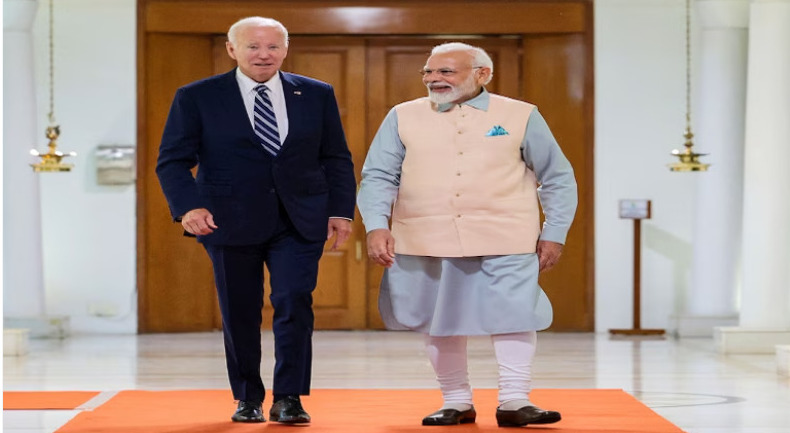
G20 Summit Day 2: A Tribute to Mahatma Gandhi and Discussion on the Future of the Planet
Schedule:
8:15 am to 9 am: Arrival of leaders and heads of delegations at Rajghat in individual motorcades.
9:00 am to 9:20 am: Laying of a wreath at Mahatma Gandhi’s Samadhi, followed by a live performance of Mahatma Gandhi’s favorite devotional songs.
9:20 am: Leaders and Heads of Delegations move to Bharat Mandapam’s Leaders’ Lounge.
9:40 am to 10:15 am: Arrival of leaders and heads of delegations at Bharat Mandapam.
10:15am–10:30am: Tree planting ceremony at Bharat Mandapam’s South Plaza.
10:30 am–12:30 pm: Third session of the summit, called “One Future“, on the future of the planet, followed by the adoption of the New Delhi Leaders’ Declaration.
The first two items on the agenda are a tribute to Mahatma Gandhi, the leader of India’s independence movement and a symbol of peace and non-violence. The tree planting ceremony is a symbol of hope for the future of the planet. The third session of the summit will focus on the challenges and opportunities facing the planet in the 21st century, and the New Delhi Leaders’ Declaration will be a statement of the G20’s commitment to working together to address these challenges.

